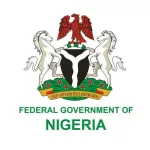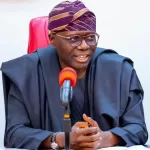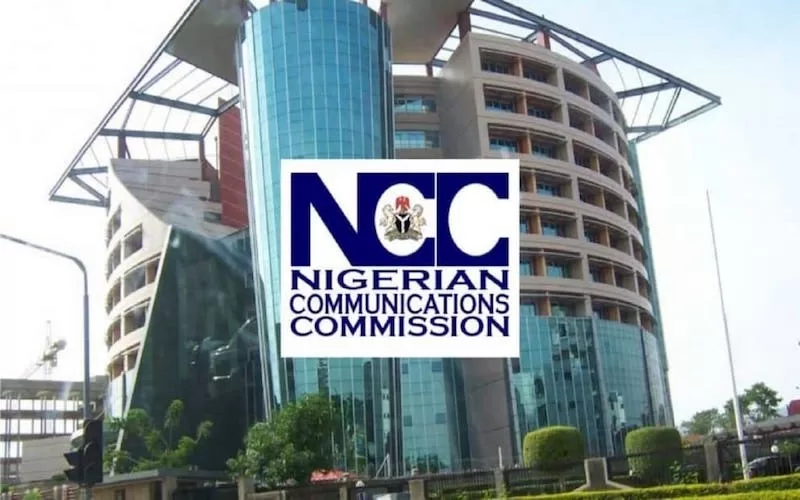The Minister of Communications, Innovations, and Digital Economy, Dr. Bosun Tijani, has revealed the Federal Government’s intention to increase the Information and Communications Technology sector’s contribution to Nigeria’s GDP to 21% within the next two to three years.
Tijani made this disclosure on Monday at the Public Servant Training Institute in Kubwa, Abuja, during the launch of a training program for Data Protection Officers.
He stated that the ICT sector currently contributes between 14% and 16% to Nigeria’s GDP and emphasized the administration’s commitment to making the digital economy a key driver of growth.
He said, “This sector is contributing anywhere between 14 –16 per cent to Nigeria’s GDP. Under this administration, in the next two to three years, our projection is that we will be able to take this to 21 per cent, which means it will continue to be important.”
He also expressed confidence that the government’s substantial investments in ICT infrastructure, artificial intelligence, and digital transformation would greatly enhance productivity and stimulate economic growth.
“As a nation, we are prioritising investment in digital economy, that is why we are investing in fibre optic network in the country to ensure that we connect all of our people, that is why we are making the drive to ensure that we can transform government services using technology, it is why we are pushing artificial intelligence to ensure that we can use this modern technology to help increase productivity,” he said.
The minister recognized the risks associated with greater connectivity and called for enhanced measures to ensure the safety of citizens.
“The more connected we are, the more vulnerable we are. It is crucial for the government to protect its people,” he said.
Tijani also emphasized the significance of a digital economy, stating, “A nation cannot achieve prosperity without a digital economy.”
He also encouraged participants in the national certification training program to take the training seriously, noting the vast global opportunities for such skills.
The minister’s comments were echoed by the Minister of Youth Development, Ayodele Olawande, who emphasized the administration’s dedication to empowering young Nigerians.
Olawande stated that the ministry is realigning its mandate to encourage collaboration with other government agencies and create opportunities for youth in entrepreneurship and innovation, aimed at boosting the economy.
He also mentioned plans to develop an initiative that will strengthen the relationship between the police and the youth in Nigeria.
Also, speaking at the event, the National Commissioner and Chief Executive Officer of the Nigeria Data Protection Commission, Dr Vincent Olatunji, announced that 500 participants would undergo certification as Data Protection Officers.
Although 3,000 officers were initially scheduled for training last year, the Commission faced budgetary constraints that hindered the plan.
“Our projection was to train over 3000 Nigerians as certified DPOs last year but due to budgetary constraints, we were not able to do. But the good thing is that we are starting, we are starting with 500,” Olatunji said.
He noted that although over 55,000 Nigerians have undergone basic training in data protection, they are yet to achieve certification.











